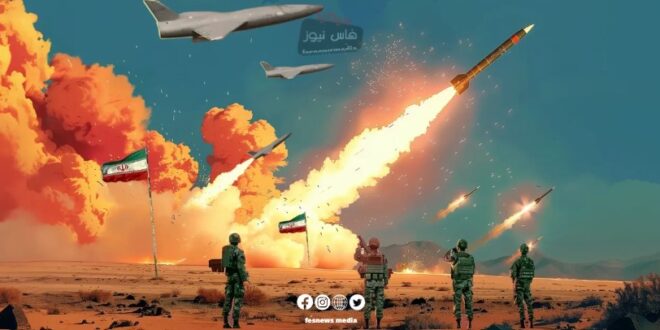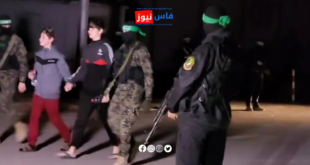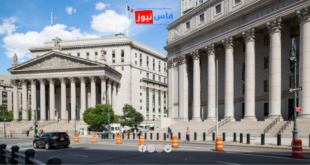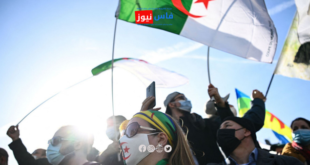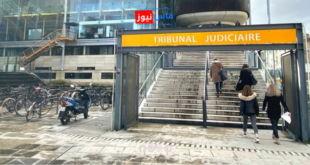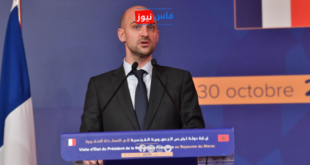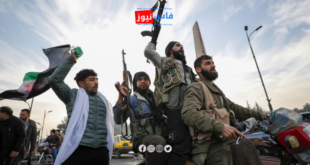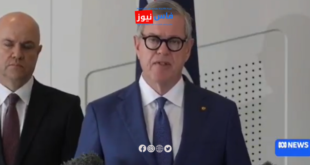In a new development in the escalating crisis in the Middle East, Iran faces a major dilemma in how to respond to the assassination of Ismail Haniyeh, the political leader of the Palestinian Hamas movement, who was killed in Tehran late last July. Iran has promised retaliation, keeping the region in a state of anticipation and tension ever since.
Iran’s Supreme Leader Ayatollah Ali Khamenei said that his country is “obligated” to respond to the killing of its “guest.” Since then, the world has been waiting for the “imminent” Iranian attack, leading to waves of tension and anxiety in the region.
In this context, Raz Zimmt, a senior researcher at the Institute for National Security Studies in Tel Aviv, stated: “I think they are really enjoying watching Israel stuck in this waiting period, paying a heavy economic price.” However, other experts see that this delay also has negative effects on Iran and its allies.
Analysts pointed out that the delay in Iran’s response may be due to several factors, including the complexity of coordinating with allies, assessing the risks associated with the attack, and intense internal discussions. The American military buildup in the region may also be an influential factor in Iran’s decision-making process.
While Iran rejects calls for restraint, some analyses suggest that diplomatic efforts may play a role in delaying or even preventing the attack. Some experts believe that a ceasefire in Gaza could provide Iran with a “pretext” to justify delaying its response or mitigating its severity.
In the end, Iran is left with two difficult choices: either deliver a weak response that could damage its image, or a strong response that could lead to dangerous escalation in the region. As Farzan Sabet, a researcher at the Graduate Institute in Geneva, puts it: “Decision-makers in Tehran may have oscillated in finding an option that could be considered moderate.”
As the tense situation continues, the world remains in a state of anticipation for what events will unfold in this troubled region.
 فاس نيوز ميديا جريدة الكترونية جهوية تعنى بشؤون و أخبار جهة فاس مكناس – متجددة على مدار الساعة
فاس نيوز ميديا جريدة الكترونية جهوية تعنى بشؤون و أخبار جهة فاس مكناس – متجددة على مدار الساعة

